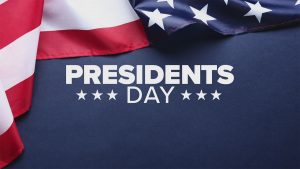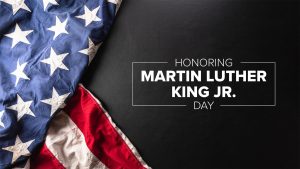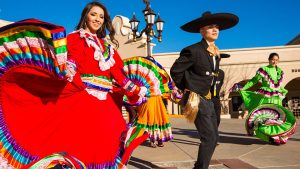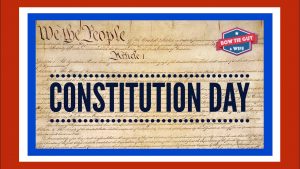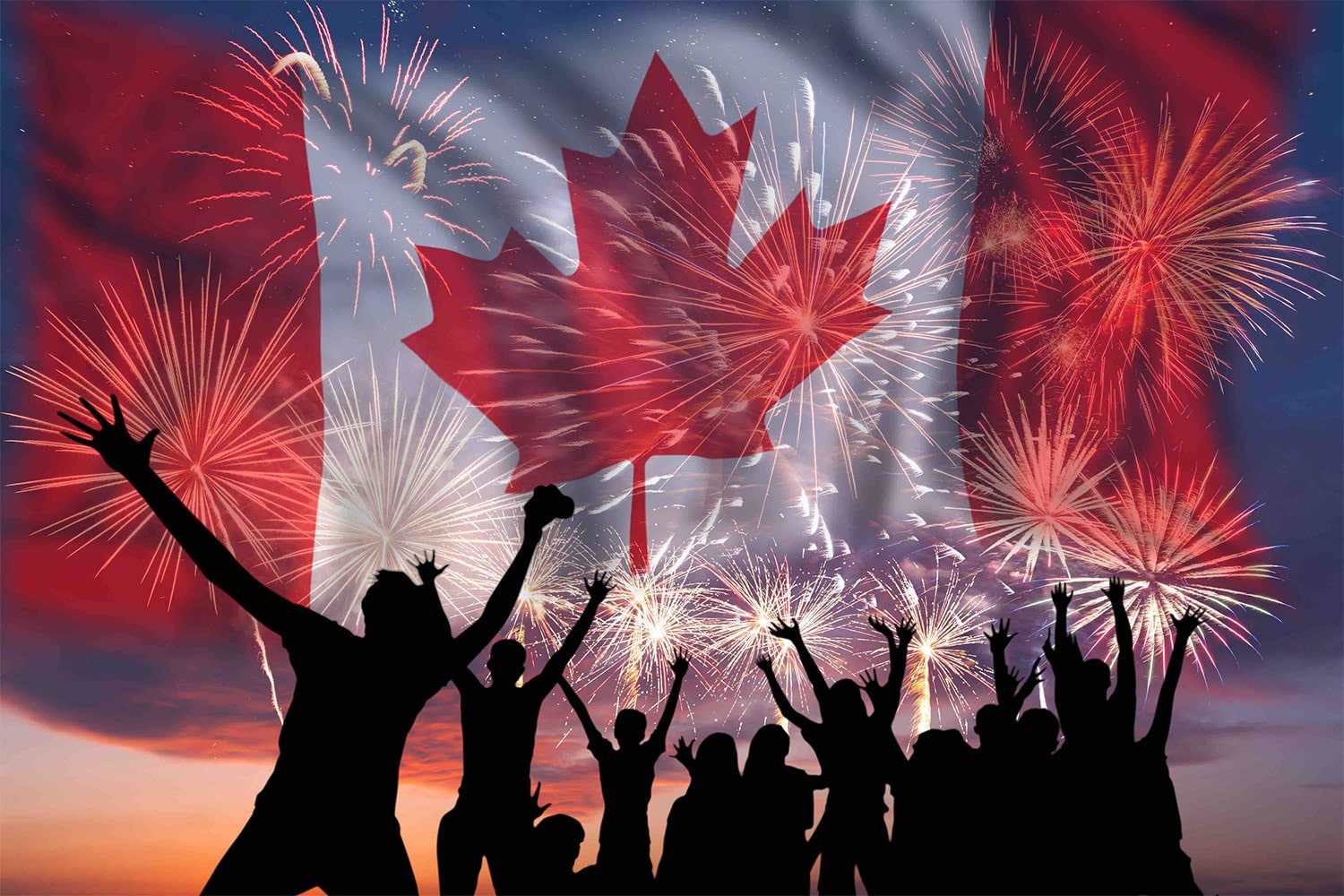
21 interesting facts about Canada Day
381
Canada Day is a national holiday celebrated on July 1st, marking the anniversary of the confederation of Canada. On this day in 1867, the British North America Act (now known as the Constitution Act) came into effect, uniting three colonies into a single country within the British Empire called Canada. It’s a day of pride, celebration, and reflection for Canadians, offering a chance to acknowledge their country’s history, diversity, and achievements. From coast to coast, Canadians celebrate with fireworks, parades, concerts, and barbecues, showcasing the country’s rich cultural tapestry and community spirit. Here are some interesting and informative facts about Canada Day that illuminate its significance and how it’s celebrated across the nation.
- Canada Day was originally called Dominion Day, reflecting the term “dominion” in the title of the confederation.
- The name was officially changed to Canada Day by an act of Parliament on October 27, 1982.
- The first recorded celebrations of Dominion Day occurred in 1868, one year after confederation.
- Canada Day celebrations were not widespread until the 50th anniversary in 1917, marking the semi-centennial.
- The 100th anniversary in 1967 saw significant celebrations across the country, coinciding with Expo 67, a World’s Fair held in Montreal.
- Fireworks are a traditional part of Canada Day celebrations, with major displays in cities like Ottawa, Toronto, Montreal, and Vancouver.
- The largest Canada Day celebration takes place in the nation’s capital, Ottawa, featuring concerts, cultural displays, and a ceremony on Parliament Hill.
- Canada Day also marks the start of Canada History Week, which encourages Canadians to learn more about their country’s past.
- Wearing red and white, the colors of the Canadian flag, is a common way for Canadians to show their national pride on this day.
- The Royal Canadian Mounted Police often perform a musical ride, a formal event featuring a choreographed routine by 32 horses and riders, during Canada Day celebrations.
- Citizenship ceremonies across the country welcome new Canadians on Canada Day, symbolizing Canada’s ongoing story of diversity and inclusion.
- The Governor General of Canada usually issues a statement and participates in events to mark the occasion.
- The Canadian flag was raised for the first time in 1965, making its early celebrations of Canada Day without the now iconic maple leaf flag.
- In 2017, Canada celebrated its 150th anniversary with special events and initiatives across the country to mark the sesquicentennial.
- The term “Canada” is derived from the Iroquoian word “kanata,” meaning village or settlement.
- Canada Day festivities often include barbecues, picnics, sporting events, and air shows.
- Some Canadians use the day to protest and raise awareness of social issues, reflecting on the country’s history and policies towards Indigenous peoples.
- The day is also marked by the awarding of the Order of Canada, one of the country’s highest civilian honors, to individuals who have made extraordinary contributions to the nation.
- Many communities host free, public events, including cultural festivals that reflect Canada’s multicultural society.
- Since Canada Day falls in the summer, it is popularly considered the start of the summer holiday season in Canada.
- On Canada Day, the Canadian Broadcasting Corporation (CBC) broadcasts live concerts and festivities from across the country, bringing Canadians together in celebration.
Canada Day serves as a reminder of the country’s journey from a British colony to a proud, diverse, and inclusive nation. It’s a day for Canadians to celebrate their identity, reflect on their history, and look forward to the future. The celebrations across the country, whether big or small, reflect the spirit of unity and pride that Canadians hold dear. As Canada continues to evolve, Canada Day will remain a key moment for Canadians to honor their past, celebrate their present, and dream about their future.
 MillionFacts
MillionFacts 
 Related posts
Related posts 
